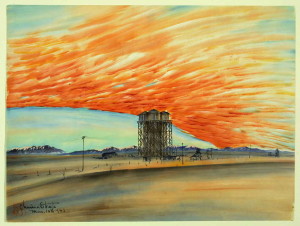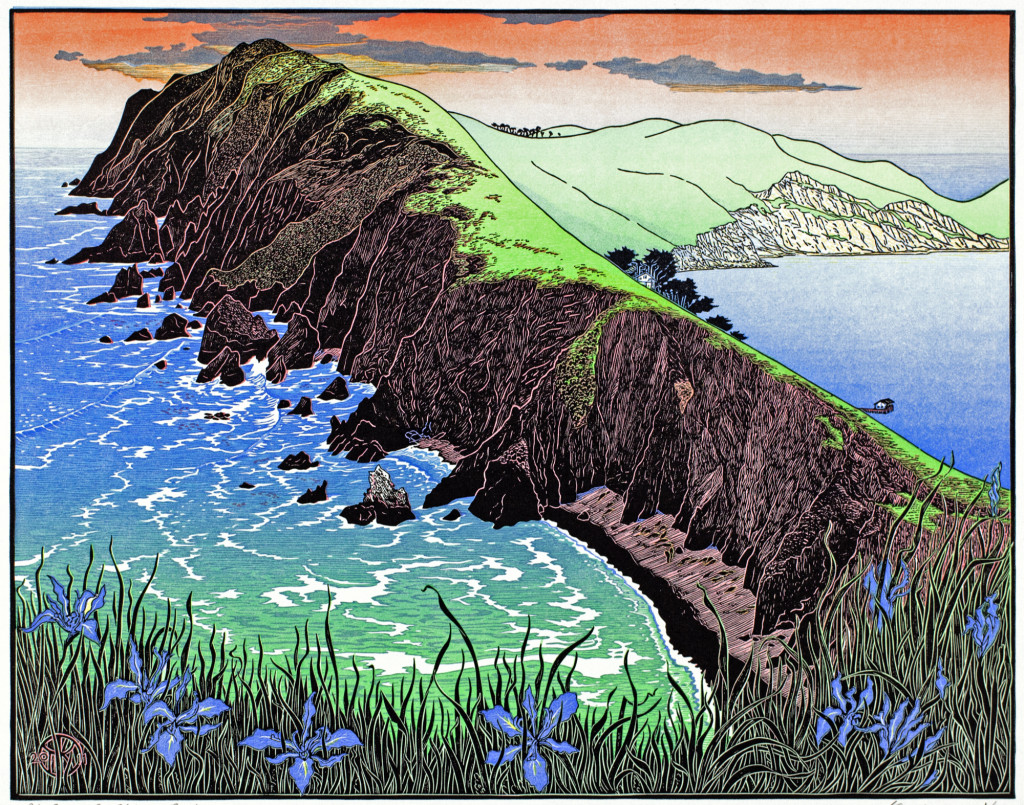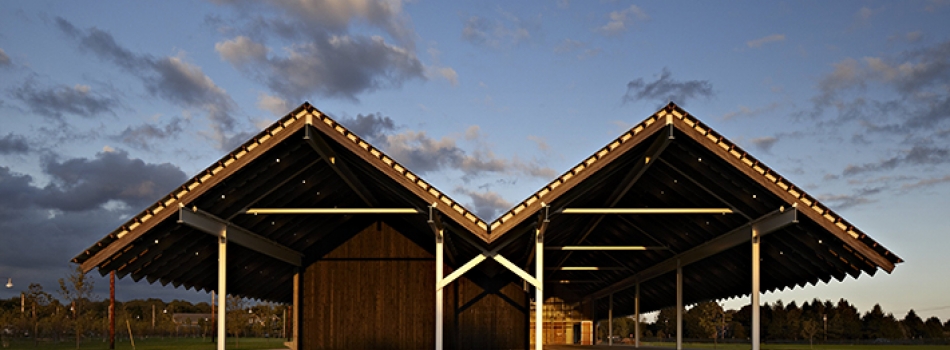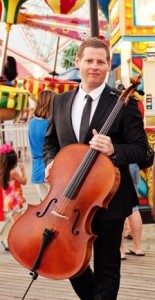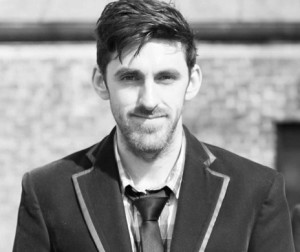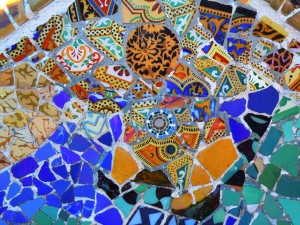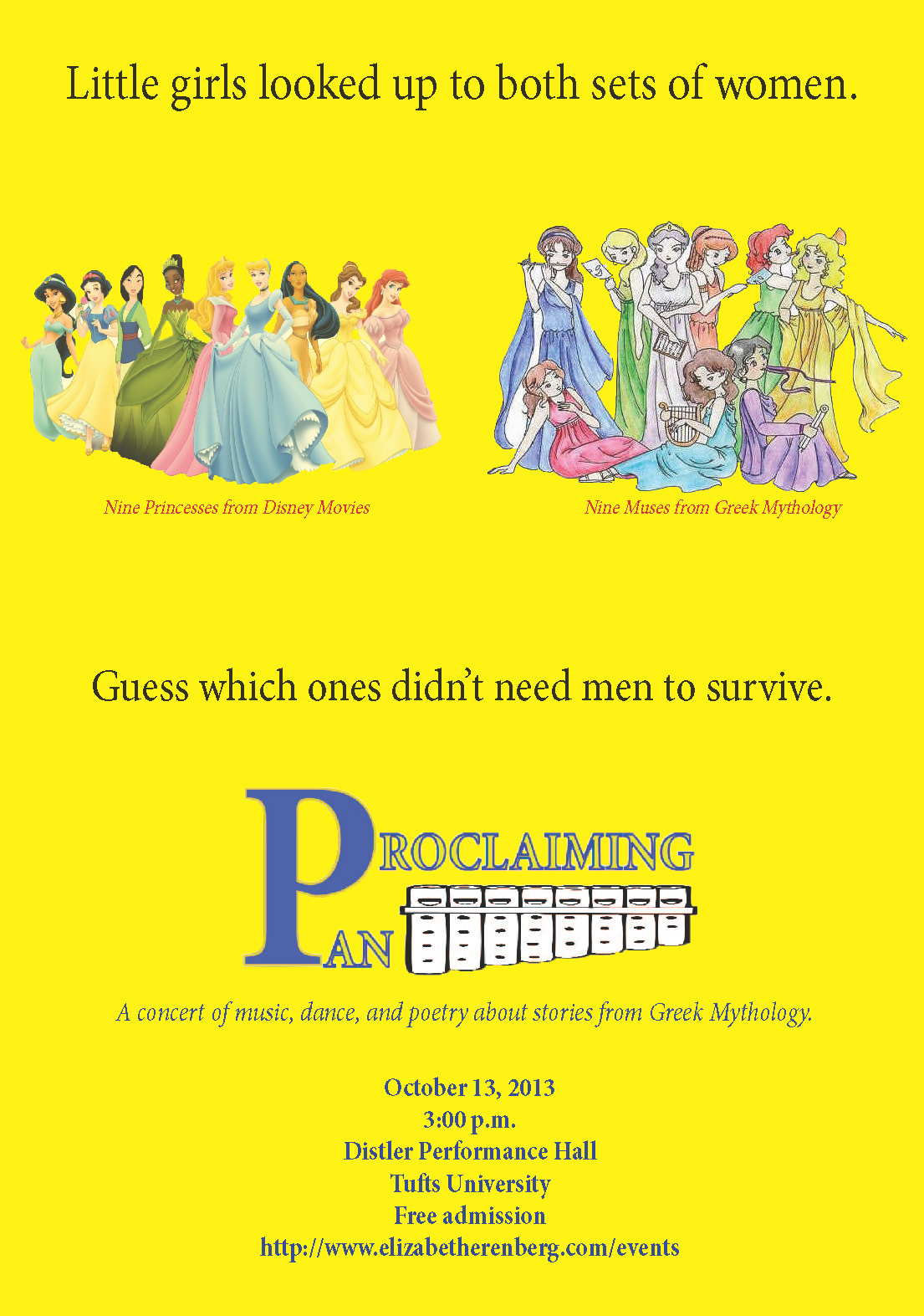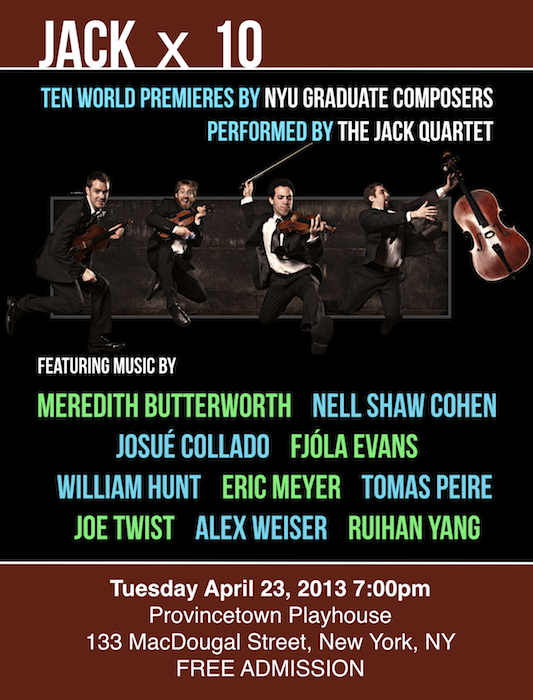UPDATE: video recording of this performance is now online!
Movements (played continuously):
California
Topaz
Sunset

The World Premiere of Dai-Shizen (Great Nature) for guitar and flute will be performed by fellow New England Conservatory alumni Devin Ulibarri and Alicia Mielke on the Emerging Artists concert at the 9th annual Boston GuitarFest this Saturday, June 28, 3:00pm in Jordan Hall.

I am honored to have my music presented on this prestigious festival by these two wonderful performers!
Visit the Boston GuitarFest website for more information about this concert and for tickets.
Dai-Shizen and Chiura Obata
When guitarist Devin Ulibarri – who I previously collaborated with in 2011 on Triptych – asked me to write a piece for him and flutist Alicia Mielke relating to Boston GuitarFest’s theme of “American Odyssey,” I gravitated towards the woodblock prints and ink and watercolor paintings of Japanese-American artist Chiura Obata (1885-1975). Obata lived and worked primarily in the San Francisco Bay Area and devoted himself to bringing traditional Japanese aesthetics and techniques into American art. Obata’s own “American Odyssey” as an immigrant deeply devoted to the culture and landscape of California was complex and richly represented by his artwork.
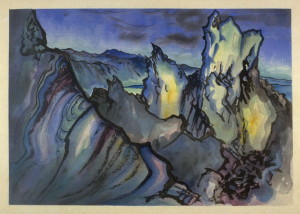
While composing this piece, I considered specific images and qualities I perceived in Obata’s art and used those as prompts for musical ideas. I felt the lush yet restrained, and powerful yet delicate expressiveness of Obata’s prints and paintings would be reflected very effectively by flute and guitar. On a more personal level, my choice to respond to Obata’s artworks relates to my own background as a Bay Area native and love for California landscapes, as well as Devin’s deep commitment to Japanese culture and language.
I was particularly inspired by Obata’s ability to follow his philosophy of dai-shizen (Great Nature), nature as a source of artistic inspiration and spiritual harmony, throughout the best and worst moments of his life. Obata and his family spent over a year in internment camps during World War II, primarily in Utah. Despite these demeaning conditions, Obata strove to bring meaning into the lives of those around him. He founded an art school with his fellow internees and created stunning, emotionally charged watercolor paintings juxtaposing the dreary manmade structures of the prison camp against broad expanses of desert, mountains, and fiery sunsets.
